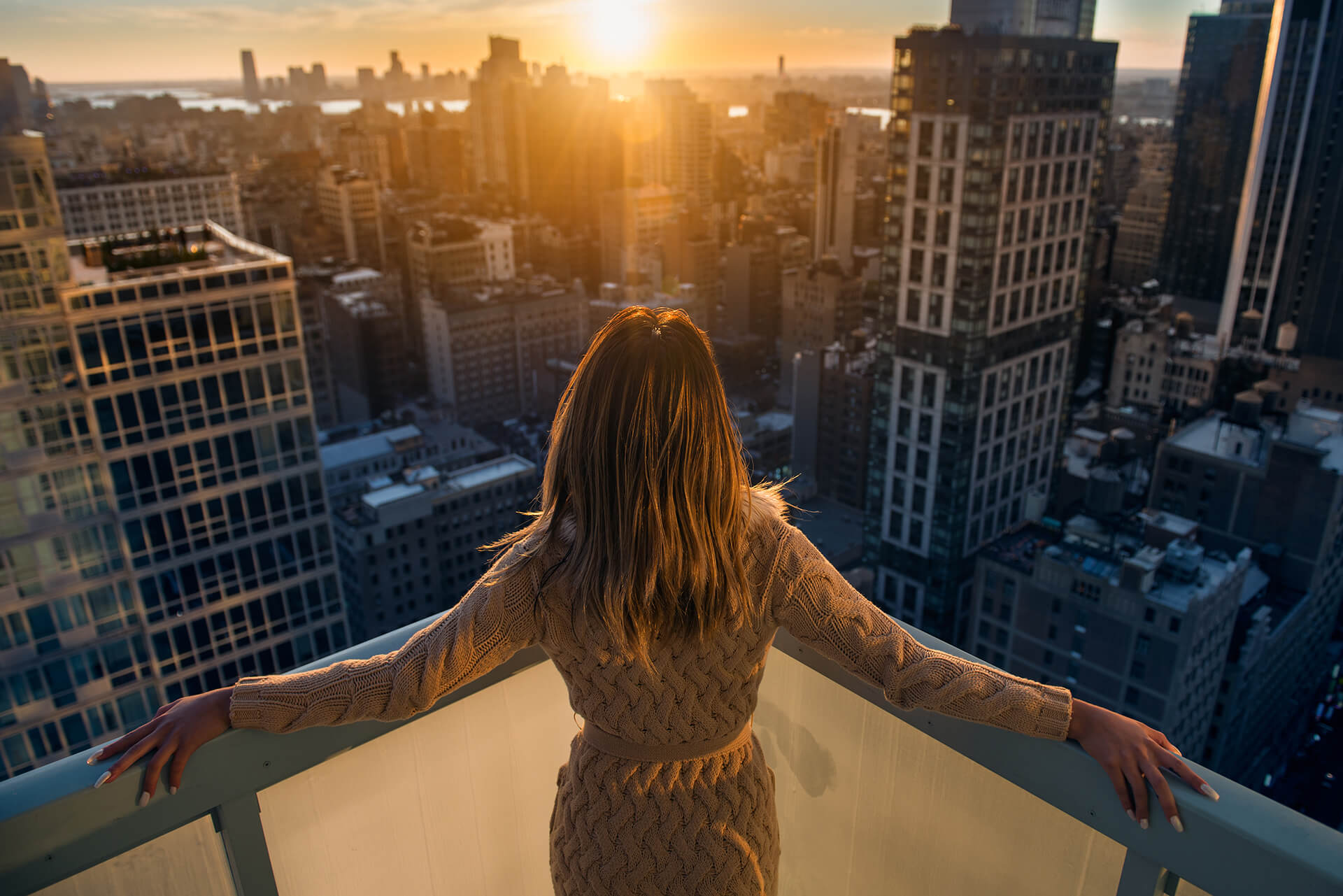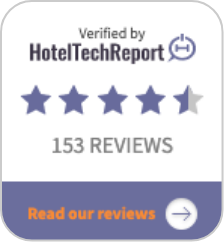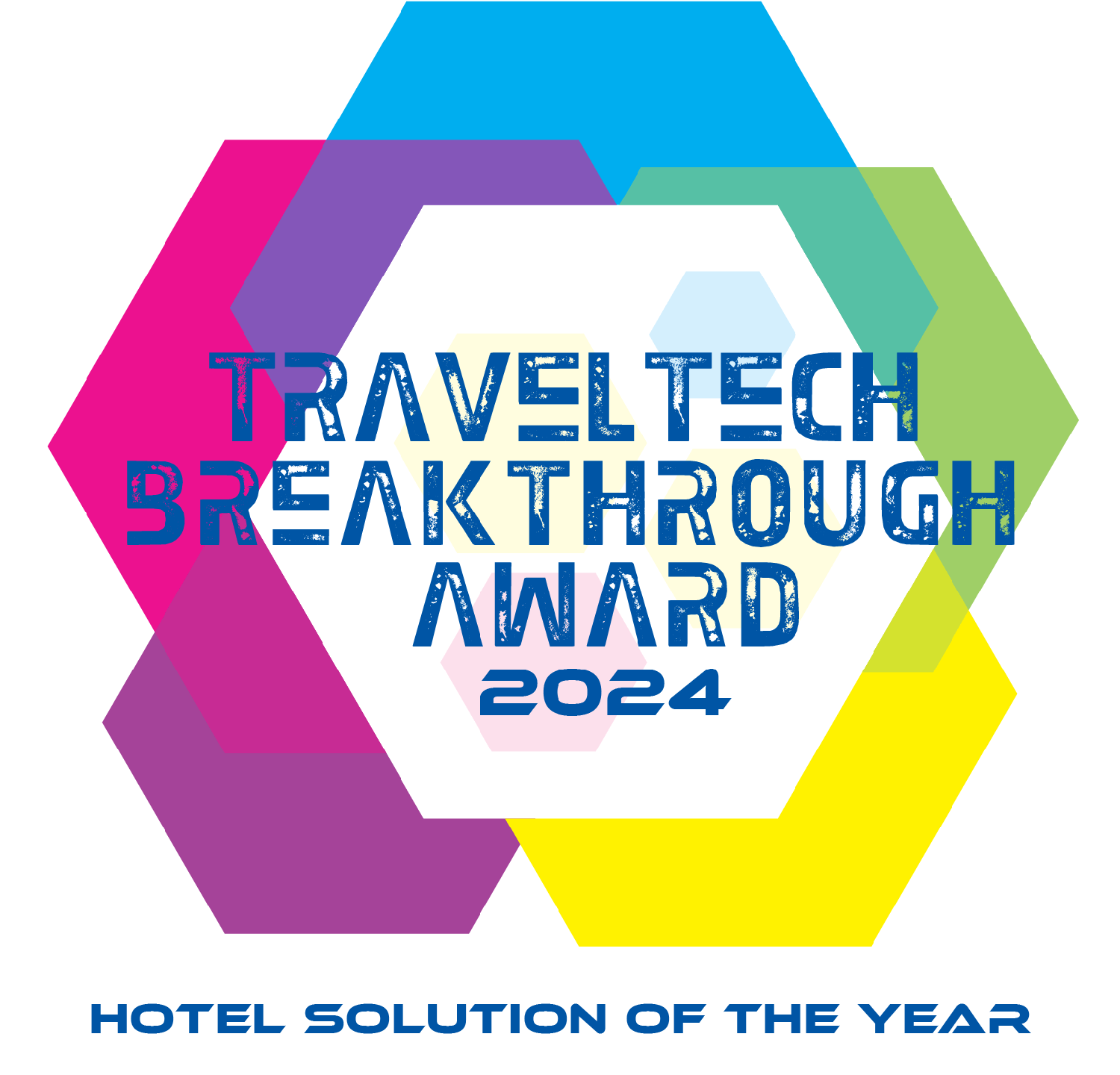COVID-19 and Hospitality: Understanding and Anticipating New Traveler Behaviors
COVID-19 has certainly been devastating to public health, the global economy, and especially the travel and hospitality industries. But while the devastation is real and widespread, we will overcome this pandemic, and hospitality will emerge on the other side stronger and more resilient. The travel industry has survived terrorism, previous pandemics, and great recessions, and it will survive this too. Already, there are glimmers of an emerging recovery: France, Spain, and Italy, once epicenters of the virus, are now gradually easing their lockdowns, while McKinsey is already exploring what the inevitable recovery will look like.
Of course, the hospitality industry, like almost every other aspect of our lives, will be forever changed by COVID-19. We will all have to adapt to new regimens of hygiene and social distancing, and invest in new forms of technology to adapt and thrive in the post-pandemic era. We will also have to reexamine how we interact and communicate with the traditional consumer segments of the travel and hospitality market. How will COVID-19 change their perceptions, expectations, and behavior? How can we adapt our messaging, offerings and technology to better suit the emerging demands of the post-COVID era?
The Generational Gap: How COVID-19 May Affect the Travel Behavior of Millennials and Boomers
Prior to coronavirus, both Boomers and Millennials were avid travelers, albeit for different reasons and in different budget segments. As Boomers began to wind down their careers and enter retirement, many focused on international travel. A study by AARP noted that Boomers planned to take between 4-5 leisure trips in 2019, where they spent over $6,600. While more family-oriented Gen-Xers focused on educational and cultural experiences during their travels, Boomers were specifically attracted to food-tourism and more activity-based travels.
Experience-hungry Millennials were also attracted to travel pre-COVID, with almost 75% choosing to increase their spending on traveling, rather than physical products. Although Millennials are more likely to be swayed by budget-conscious travel offerings, they nevertheless spent over $200 billion on travel in 2018, with over 55% wanting to increase the number of trips in the future.
How will these groups behave in a post-COVID world? In all likelihood, Millennials will spearhead the travel industry’s recovery. Even as the pandemic started to spread in February and early March, Millennials still continued to travel, drawn out by cheap plane tickets and their innate desire for novel experiences. They even bucked governmental recommendations and common hygienic sense by packing common tourist destinations in Miami and New Orleans. It is likely that this enthusiasm for travel will resume again once governments relax their stay-at-home orders and health officials determine that it is relatively safe to travel.
Boomers, however, may be significantly more reticent. This makes sense, because older individuals are the ones most at risk to develop potentially fatal complications from the coronavirus. In fact, a recent poll shows that over 78% of Boomers were “very concerned” about the pandemic 一 a higher proportion than any other age group. Boomers are also now hyper-concerned with hygiene and social distancing, with 87% actively practicing social distancing measures (compared with 76% of Millennials), and 56% understanding the effectiveness of hand-sanitizer in preventing the spread of coronavirus (compared to 53% of Millenials, and 47% of Gen Z). Of course, none of this is to say that Baby-Boomers won’t travel, just that they are very informationally savvy, and will be very concerned with hygiene when they do.
Business Travel WIll Resume…With New Expectations
Although business travel has largely flatlined with the spread of coronavirus, the good news is that it will return 一 largely because it has to. While Zoom meetings can be a convenient way to interface with coworkers, it’s difficult to establish a business relationship with someone you have never met in person. Similarly, while trade shows and business conferences are expensive, they are invaluable tools for meeting potential clients and partners.
What will change is that business travelers 一like Baby Boomers 一 will become hyper sensitive to a brand’s hygiene and social distancing policies. While hotels and airlines used to treat cleanliness as an afterthought from a marketing perspective, now rigorous hygiene policies will be seen as a branding necessity 一 and a competitive advantage because travelers will assess their accommodation options with a greater level of scrutiny and hygiene expectations.
For airlines, this will mean rethinking how they filter air, clean surfaces and serve food, as well as developing new seating arrangements to promote social distancing. Hotels will have to follow a similar course: Countries like Singapore have developed rigorous new hotel cleaning policies in the wake of the pandemic. Hotels should adopt these new policies, find ways to improve on them even further, and then make their commitment to cleanliness a central point in their post-COVID marketing messaging and brand identity.
Leisure Travel Will Also Pick Up 一 But With Important Caveats
Leisure travel will also return; not because people have to, but because they want to. American’s might be hunkered down to avoid the pandemic, but interest travel is already beginning to pick back up. While travel cancellations have increased in May and June, many customers believe they will resume traveling in the fall, and 22.5% said that taking a trip would be in their top 5 activities to do once the shelter-in-place restrictions are lifted.
Consumers will be considerably more risk-averse post-COVID, and this will be reflected in the types of vacations they take. International travel will initially be de-emphasized by travelers in favor of local getaways. Long flights will be avoided, in favor of shorter train-rides or traveling by automobile. RV camping might even make a comeback. Rural destinations will almost certainly be favored over urban areas, since large crowds and tightly-packed subways will be seen as an undue risk. Once they reopen, national park systems may also see unprecedented visitation.
Loyalty Programs Can Make a Comeback
Although the desire to travel is ever present, COVID’s dramatic effect on the global economy will make cost a prominent factor 一 especially for the middle and lower classes who have been the hardest hit by the pandemic. Consequently, hotels should avoid excessive cancellation and change-over fees, as well as exorbitant “a la carte” pricing or “resort fees.”
The upside of all of this, however, is that hotels will be able to leverage loyalty programs to nurture existing guests, and grow their company base. Travelers in the post-COVID era will be significantly more risk-averse, both with their finances and their health. Consequently, they will be far more “investigative” in their discovery phase, researching the health risks surrounding their destination, as well as the hygiene policies of the hotels and airlines they choose. There will also be a tendency to stick with what they know: After all, when your health is on the line, why not stick with a brand or hotel that you trust and one that has continued to communicate with you before, during, and after your stay?
A post-COVID recovery would present the perfect opportunity to leverage loyalty programs to attract price and health-conscious travelers. Increasing the value of loyalty points can functionally lower prices in a way that promotes longer-term guest engagement. It can also serve as a way to promote direct bookings and distinguish your brand from competing OTAs.
Crowd-Free, Hassle-Free Travel…A Need for Self-Service Technology
Alex Wilcox, the CEO of private aviation firm JSX, notes that COVID-19 will dramatically change travelers preferences and behaviors. He says, “I think we are entering a two-year period where travelers won’t want to touch anything and will crave space. Crowd-free, hassle-free travel is the way of the future.” While he was writing specifically for the airline industry, the same concepts can apply to hospitality.
Hoteliers would be wise to invest heavily in hi-tech and self-service technology, rerouting previously high-touch functions and procedures onto digital platforms. Instead of forcing guests to wait in long and crowded lines to check-in, hotels can use a mobile PMS to make the check-in process contact free. Guests could check-in with their mobile device (or strategically placed kiosks in the lobby), order upgrades, amenities, or extended check-out through their smartphone, pay through a digital wallet, and even enter their room through a keyless entry. Guest-facing mobile messaging can be used to both disseminate health information and eliminate most person-to-person interactions by processing most guests’ requests in the cloud. In short, mobile and self-service technology can make the guest journey “crowd-free and hassle-free,” and adequately position a hotel brand to meet the new demands of the post-COVID traveler.










